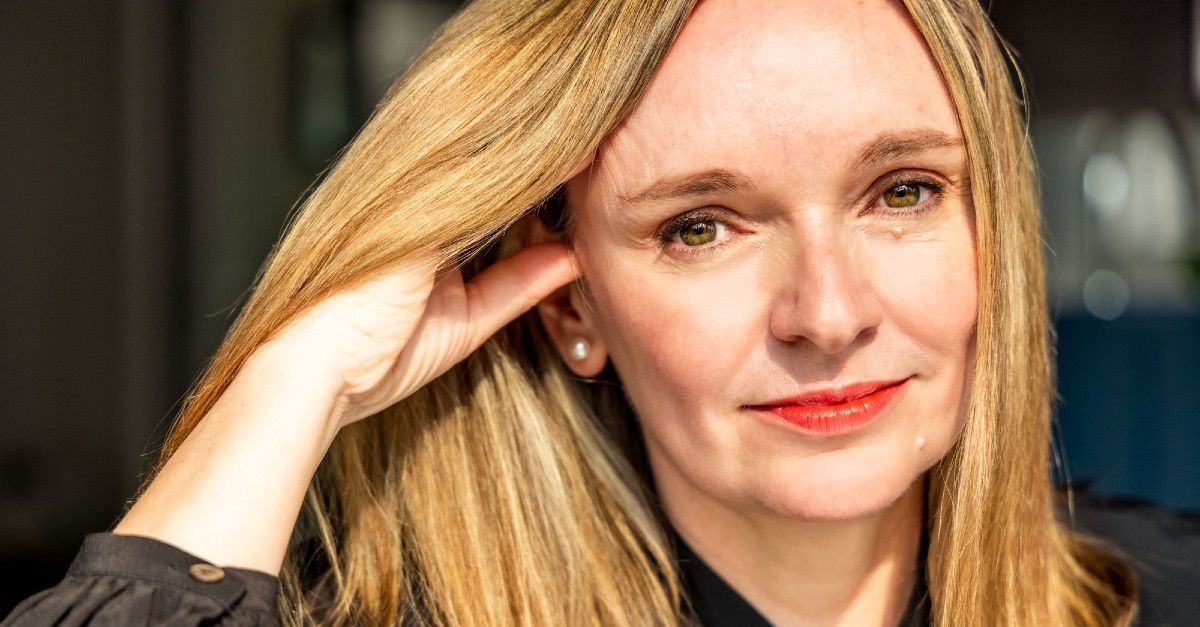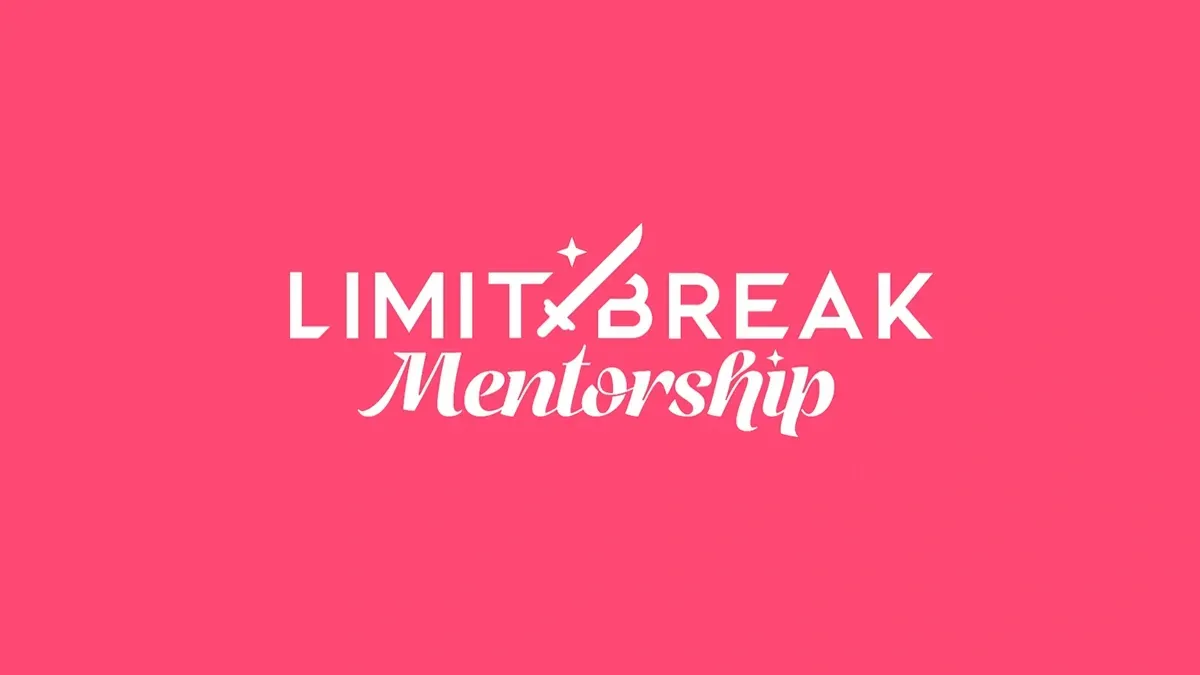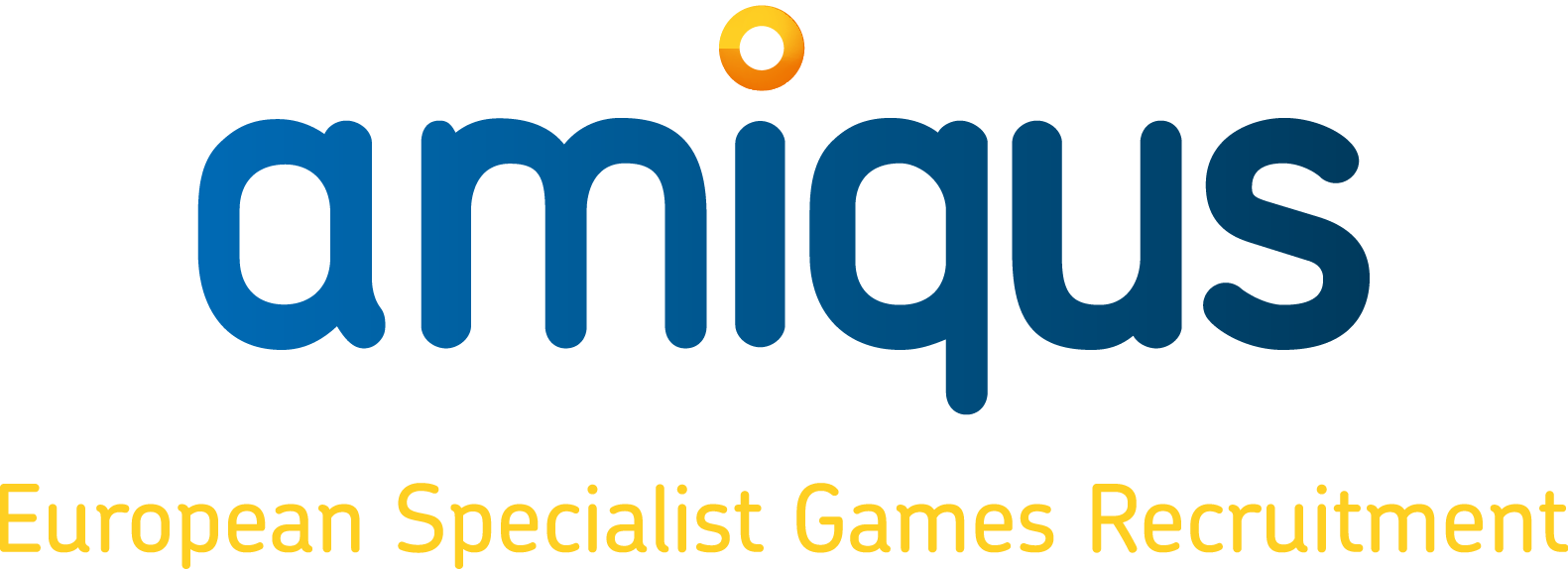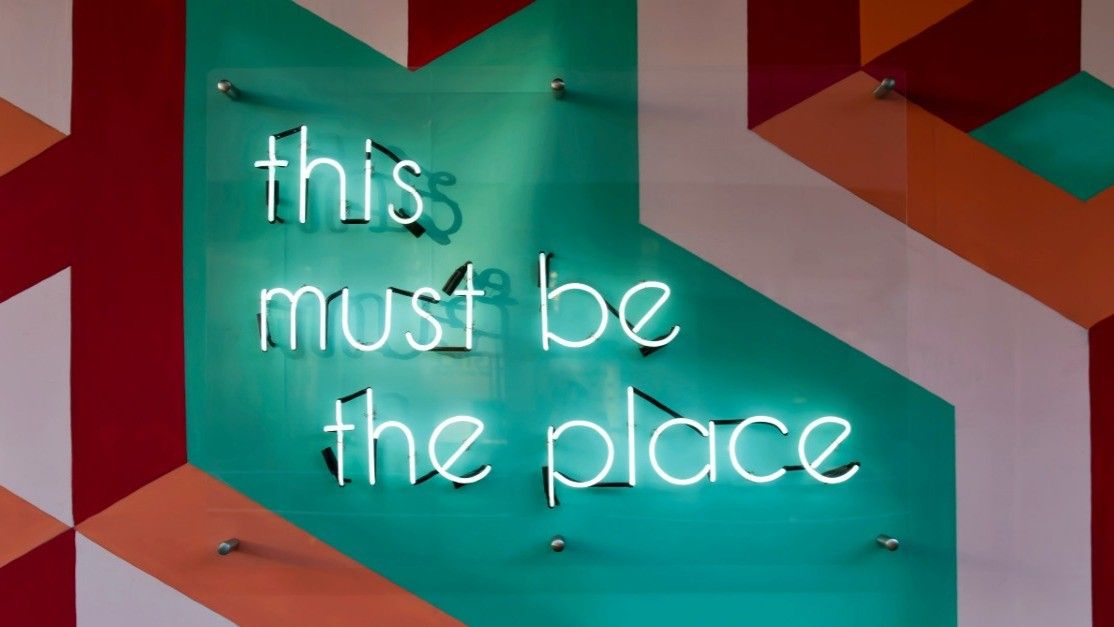EXECUTIVE SEARCH FOR AVID GAMES
Avid Games, a leading digital card trading game developer, faced critical challenges in expanding its operations and enhancing its strategic capabilities.
With ambitions to grow exponentially and position themselves for a future sale, the company needed two high-calibre executive hires: a COO/CFO and a CTO. These roles were essential to achieving their long-term objectives.
The Challenge
Avid Games' CEO, Paul Mayze, was managing dual roles as CEO and COO, which wasn’t sustainable. This operational bottleneck, combined with the studio’s desire to increase user engagement in its flagship game, Cards, The Universe, and Everything, highlighted the need for structural changes within the organisation.
Avid’s lead investor recommended hiring a COO to manage operational efficiency, financial strategy, and key stakeholder relationships. Additionally, a Chief Technology Officer was required. Avid Games had seen the departure of its Technical Director, but Avid wanted to create a new CTO role to bring additional technical innovation and vision to the company.
Key Challenges Included:
- Specialised Talent Needs: Both roles required niche expertise in mobile games as a service (GaaS) and an existing games industry network.
- Time Sensitivity: Avid Games was under pressure to secure these hires within a three-month window.
- Confidentiality Concerns: Maintaining discretion was paramount to avoid any premature market speculation.
- Cultural Fit: The company needed executives who could integrate seamlessly with Avid’s studio culture – while driving results.
Our Approach and Process
Amiqus’ Executive Search service, with deep expertise in the games industry, was engaged to define and manage the recruitment process for both roles.
Step 1: Understanding the Client's Needs
We conducted detailed discussions with the CEO and Chairman to understand Avid’s goals, culture, and specific role requirements. For the COO role, we identified a need for a candidate with both operational and financial expertise to complement Paul’s creative strengths. For the CTO role, the focus was on technological modernisation and strategic vision.
Step 2: Building a Talent Pipeline
- Market Research: Leveraging our proprietary database and networks, we identified 180+ potential candidates for the COO role. We also tapped into passive talent pools and engaged active candidates through discreet advertising.
- Candidate Screening: Rigorous vetting processes, including detailed interviews and up to 10 reference checks per candidate, ensured a strong match.
- Technology Utilisation: AI tools and platforms like LinkedIn Insights enabled targeted outreach to top-tier talent.
Step 3: Candidate Engagement
Our Head of Executive Search Stig Strand used his 25 years of recruitment experience and proven techniques to build trust with candidates, ensuring they felt comfortable sharing information even before formal applications were submitted. This approach minimised drop-outs during the recruitment process.
Step 4: Final Selection
- For the COO role, we provided 28 candidates, with 11 progressing to interviews, and three to final stages. The successful hire, Ido Hochman, brought dual expertise in operations and finance, along with a proven track record of scaling and exiting businesses
- For the CTO role, we presented seven candidates, with the first interviewee, Mark Allen, being a standout fit. A former CTO and co-founder of Neon Play, Mark had deep technical expertise and experience modernising technology stacks, and his former studio had experience in digital card games.
The Results
- COO/CFO Hire: Ido Hochman was placed within 2.5 months. His experience in strategy and finance have since driven operational efficiency and community growth.
- CTO Hire: Mark Allen was hired within 8 weeks. His contributions have modernised Avid’s technology and aligned the company with its long-term vision.
- Business Impact: Within months of their placements, both executives have delivered measurable improvements, including increased revenue and a clearer strategic direction.
Key Takeaways
1. Specialised Expertise: Amiqus’ niche focus on the games industry, and our 25 years of experience, ensuring access to top-tier talent.
2. Efficient Execution: Despite tight timelines, both hires were completed ahead of schedule.
3. Tailored Solutions: By understanding Avid’s unique challenges, we delivered candidates who matched both the technical requirements and cultural fit.
4. Confidentiality: Our discreet approach preserved Avid’s market position and mitigated risks during the hiring process.
Conclusion
Avid Games’ successful partnership with Amiqus demonstrates the value of leveraging specialised Executive Search expertise. By securing transformative leaders, Avid Games is now well-positioned to achieve its growth objectives and maximise its potential for a successful exit in the future.
"We were reticent about going down the executive search route because of the costs involved. Having gone through the process with Amiqus, I only wish we'd started sooner. Value was demonstrated at every step: requirements gathering, constructive advice and guidance in drafting the roles, a long list for refinement and then, subsequently, a string of interviews with impeccable candidates. While the time commitment was substantial, this was easily the most enjoyable and satisfying recruitment process I have been through - and the results are already more than worth it."
Avid Games CEO Paul Mayze














